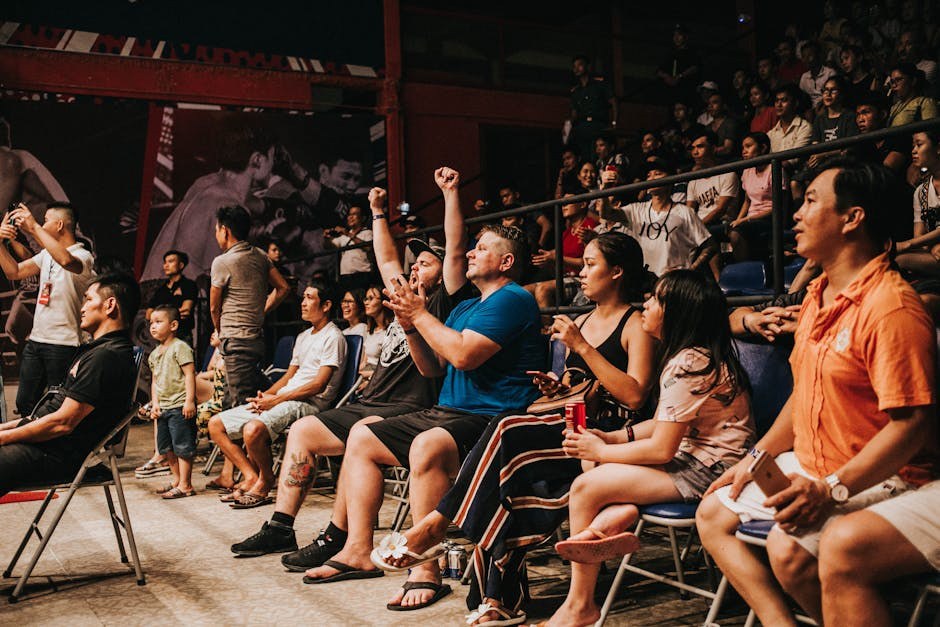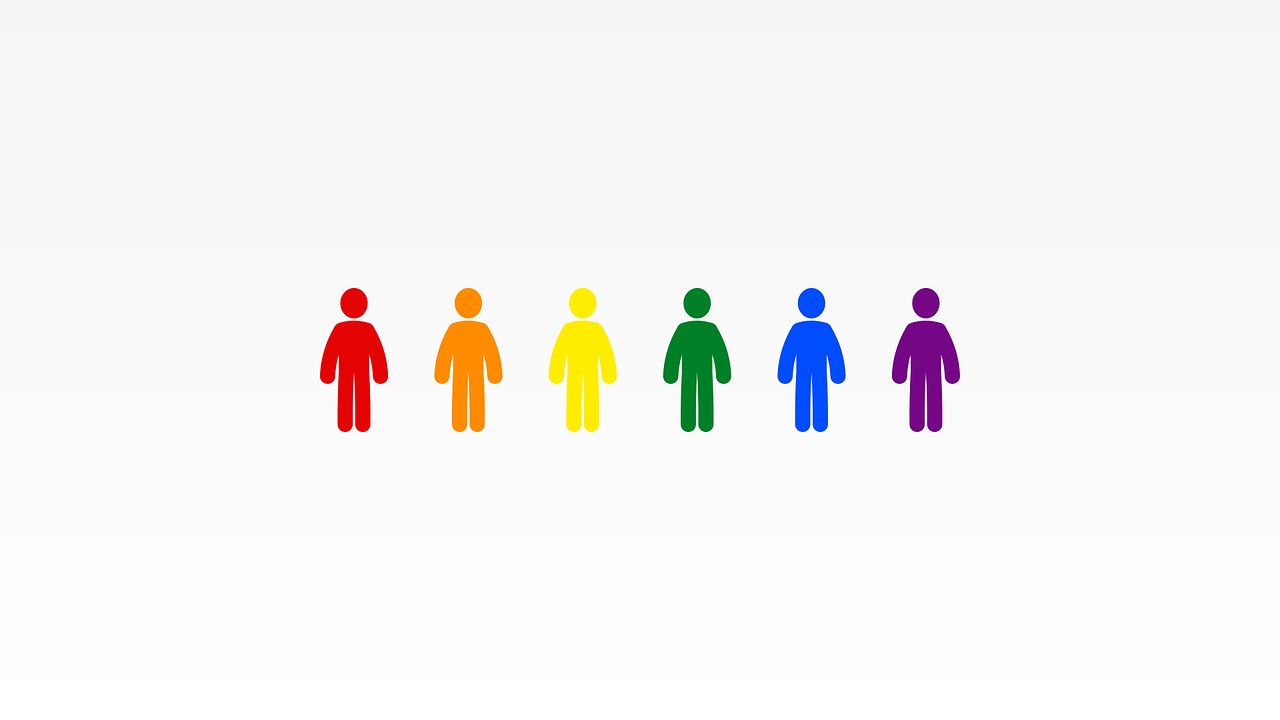The first kiss tends to live in our imagination as a cinematic moment, but in real life it’s often a blend of excitement and nerves – a short exchange that can still say a lot. Because expectations run high, people sometimes write off a connection after a single awkward peck, while others excuse behavior that actually deserves attention. This guide reframes that crossroads: what a first kiss can reveal about compatibility, where genuine awkwardness ends and troubling signals begin, and how to respond with self-respect if sparks don’t fly right away.
Are awkward starts normal or a warning?
Plenty of people stumble through a first kiss . Style, rhythm, and comfort vary widely, and even experienced daters can feel jittery with someone new. Butterflies can make timing clumsy, eye contact too intense, or lips too tentative. None of that – by itself – damns a budding connection. A tentative approach can simply reflect nerves, while a mismatched rhythm can settle once you both relax. What matters is context: whether the person is tuned in to you, willing to slow down, and responsive to your cues the second time around. When the awkwardness stems from anxiety and the person remains considerate, it’s very different from behavior that steamrolls boundaries during that first kiss .
What a first kiss can quietly reveal
A first kiss doesn’t diagnose a relationship, yet it can highlight patterns – respect for consent, patience, and emotional awareness. People who read the room tend to notice hesitation, ask before leaning closer, and adjust their pace. By contrast, someone who pushes past your signals during that tiny window may push past them elsewhere. Don’t treat a single smudged moment as prophecy, but do let that moment inform your sense of safety and fit. If you catch yourself shrinking away, holding your breath, or mentally justifying behavior you’d warn a friend about, pay attention. Your body often clocks the truth before your brain writes the script about a first kiss .

Red flags you might catch in the moment
Not every clumsy first kiss is a disaster; some missteps are simply stage fright. Still, certain patterns point to larger concerns. Use this checklist to separate a forgivable fumble from behavior that deserves a hard pass.
Overeager lunges that ignore pacing. Excitement is sweet; barreling in without reading your posture isn’t. When someone tries repeatedly to close the gap before you’re ready – leaning in after you’ve pulled back, or crowding your space – that impatience speaks louder than butterflies. A considerate partner can handle a beat of silence before a first kiss .
Grabbing or steering your body. Sudden hands on your jaw, waist, or wrists that direct your movement can feel like a movie swoop, but it sidelines your choice. Affection that overrides autonomy during a first kiss often telegraphs trouble with boundaries elsewhere.

Kissing without consent. Surprise can be cute when it’s a shared joke – not when it hijacks your agency. A kiss sprung out of nowhere, with no chance to lean in or lean out, reduces you to a prop. If they’re proud of catching you off guard during that first kiss , consider what else they might rationalize.
Persistence after you dodge. Moving your face, shifting your shoulder, or saying “not now” should end the attempt. If they keep pushing – angle after angle – it’s not miscommunication, it’s disregard. Respect shows up quickly around a first kiss .
Immediate invitations with a sexual undertone. Suggesting an intimate “nightcap” seconds after lips touch may reflect assumptions about what the kiss meant to you. Desire isn’t the problem – entitlement is. Your first kiss is not a contract.

Rushing to tongue at the first contact. Deepening is wonderful when it’s mutual. But plunging ahead without waiting for your body language to say “yes” feels presumptuous. A tuned-in partner lets the first kiss breathe before turning up the volume.
Teasing you for being hesitant. Jokes that shame you for not kissing faster or “being a prude” are pressure in a party hat. Humor that polices your comfort during a first kiss is still pressure.
Getting upset if you decline. Pouting, challenging your reasons, or demanding explanations turns intimacy into a debate. You don’t owe a deposition for keeping your first kiss off the table.
Critiquing your technique. Comments about being “too slow,” “too dry,” or “too sloppy” are disguised power plays. Guidance can be gentle and collaborative – criticism after a first kiss tries to install insecurity.
Your gut says “something’s off.” Intuition is a quiet bodyguard. If something feels wrong and you can’t name it, you’re not obligated to keep testing the chemistry. Your comfort matters more than salvaging a story about a first kiss .
When is a bad kiss a dealbreaker?
Only you decide. For some, a clunky first kiss is a firm “no,” because physical communication sits near the top of their compatibility list. Others treat it like an early rehearsal: timing improves, nerves settle, and what felt wooden becomes warm. What distinguishes fixable awkwardness from a dealbreaker is attitude. If your date can laugh, slow down, and meet you halfway, there’s room to recalibrate. If they defend pushy choices, minimize your discomfort, or blame you for the mismatch, the first kiss simply revealed a truth sooner rather than later.
How to recover gracefully after a clumsy moment
An awkward first kiss doesn’t have to define the connection. If curiosity remains and boundaries have been respected, a few small shifts can reset the tone.
Skip the postmortem. Announcing “that was awful” cements the awkwardness. Let the moment pass. A smile, a breath, or a light change of subject often works better than a blow-by-blow analysis of a first kiss .
Accept imperfection. Chemistry can be shy – especially when you both feel watched by your own expectations. Instead of replaying the scene in your head, stay present. Treat the first kiss as a starting sketch, not a finished portrait.
Mirror the pace. People tend to kiss the way they want to be kissed. If they’re gentle, stay gentle; if they’re expressive, match that energy without abandoning your comfort. Calibrating in real time can transform a second first kiss – the first one that actually feels like you – into something tender.
Use humor kindly. A grounded joke – “We just invented a brand-new species of kiss” – can break tension without shaming either person. Laughter invites a reset and often makes the next first kiss attempt feel more natural.
How to avoid a bad first impression with your lips
Preparation won’t script the scene, but it can boost your odds. Think of these as small choices that make a first kiss more comfortable for both people.
Right-size your expectations. Stories teach us to chase fireworks. Real intimacy arrives more like embers – warm, steady, and capable of growing. Ease pressure by letting the first kiss be simple rather than cinematic.
Choose your moment. Noisy rooms and busy sidewalks make it hard to notice breath, posture, and eye cues. A quieter corner or a relaxed goodbye can make that first kiss feel safer and less performative.
Keep a clear head. A drink might lower nerves, yet too much blurs consent and coordination. If the first kiss matters to you, steer toward sobriety so your signals – and theirs – stay readable.
Focus outward. Instead of micromanaging your lips, notice theirs. Do they lean in or slow down? Are they smiling, pausing, breathing with you? Matching their cues during a first kiss is often the shortest path to harmony.
Reading context – not just technique
Technique matters, but character matters more. A technically smooth first kiss can still feel hollow if it’s used to fast-forward intimacy you didn’t consent to. Meanwhile, two people can trip over each other and still feel incredibly safe. Look beyond surface polish. Notice whether they ask, “Can I kiss you?” or give a soft verbal cue like “I’d love to kiss you” – then wait. Notice whether they accept “not yet” without sulking. These micro-moments add up to a portrait you can trust. Your internal “yes” deserves to be met with patience, not persuasion, when a first kiss is on the table.
Why your instincts deserve the final vote
You can analyze technique, timing, and tone forever and still miss the simple answer: how you feel afterward. Do you breathe easier, or do your shoulders creep toward your ears? Are you eager to linger, or scanning for exits? Logic can rationalize a lot; your body rarely lies about a first kiss . When your reaction says “no,” honor it. When it says “maybe,” take it slow. And when it says “yes,” let it unfold – without making that one moment carry the weight of the entire future.
Putting it all together without overcomplicating it
Think of the first kiss as a conversation. Consent is the grammar, respect is the tone, and curiosity is the content. If the “conversation” is rushed, one-sided, or laced with jabs, you’ve learned something essential. If it’s hesitant but kind, you’ve learned something else. Either way, you can adjust accordingly: end the night and close the chapter, or let interest breathe and try again when it feels right. You don’t need a perfect lip-lock to validate a connection – you need mutual regard that makes the first kiss feel chosen, not coerced.
A compact checklist to carry with you
Before you put the evening on fast-forward, glance at these reminders. They’re not rules so much as reflections to help you stay grounded around a first kiss .
Consent sounds like clarity. “Can I kiss you?” or “I’d like to kiss you” – then a pause. Your “yes” should have room to arrive.
Pressure wears costumes. Teasing, pouting, or faux jokes can all be bids to bulldoze your boundary during a first kiss .
Comfort beats choreography. You don’t need acrobatics. You need attentiveness – a partner who notices and adjusts.
Your pace is valid. Whether you want to wait or to keep things gentle, the right person makes that feel easy around a first kiss .
If you decide it’s not a match
Protecting your peace is enough reason to bow out. You can end things kindly without justifying every detail: “I didn’t feel the connection I’m looking for.” No extra footnotes required. You’re allowed to leave a date, decline another, or block future contact if someone ignored your “no” during a first kiss . Self-respect is not rudeness – it’s the baseline for intimacy worth having.
If you decide to give it another shot
When curiosity survives the awkwardness and respect is intact, you can try again with clearer communication. Consider narrating your comfort: “Let’s keep it slow,” or “I like gentle.” Small sentences set the tone while giving the other person a way to meet you where you are. If the second first kiss still feels off – or if your partner resists your boundaries – you’ve gathered the data you need.
What not to ignore going forward
Some patterns don’t improve with time: entitlement, shaming, and disregard for consent. If those appeared during the first kiss , treat them as bright signs, not dim hints. Chemistry can be coached; character can’t. It’s better to walk away early than to invest energy teaching someone to care about your comfort.
A parting note on grace – for yourself and others
You’re human. So is your date. You might misread cues, miss a breath, or overthink the angle of your chin. Offer yourself compassion for any awkward first kiss . Offer others compassion when they’re nervous but respectful. And offer neither of you the burden of forcing magic where your body keeps saying “not this.” You can learn from what happened without turning it into an indictment or a fairy tale. Let it be information, then choose what honors you most.